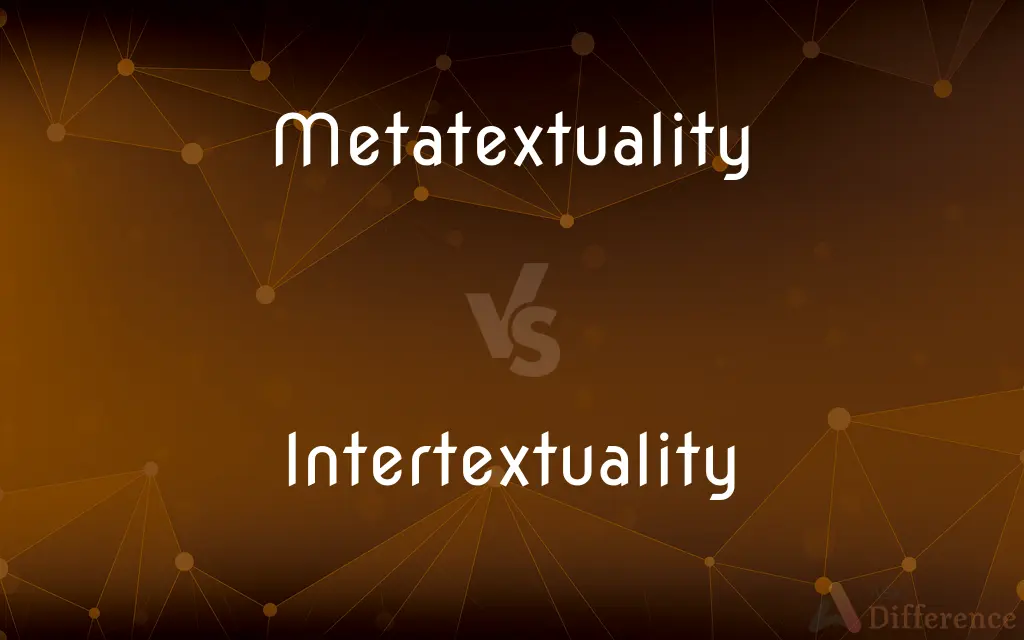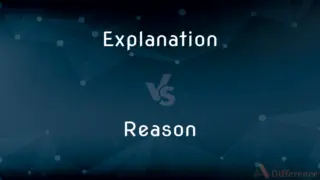Metatextuality vs. Intertextuality — What's the Difference?

Difference Between Metatextuality and Intertextuality
ADVERTISEMENT
Compare with Definitions
Metatextuality
Metatextuality is a form of intertextual discourse in which one text makes critical commentary on itself or another text. This concept is related to Gérard Genette's concept of transtextuality in which a text changes or expands on the content of another text.
Intertextuality
Intertextuality is the shaping of a text's meaning by another text, either through deliberate compositional strategies such as quotation, allusion, calque, plagiarism, translation, pastiche or parody, or by interconnections between similar or related works perceived by an audience or reader of the text. These references are sometimes made deliberately and depend on a reader's prior knowledge and understanding of the referent, but the effect of intertextuality is not always intentional and is sometimes inadvertent.
Metatextuality
A form of intertextual discourse in which one text makes critical commentary on another.
Intertextuality
Relating to or deriving meaning from the interdependent ways in which texts stand in relation to each other.
Intertextuality
The idea that a given text is a response to what has already been written, be it explicit or implicit.
When one studies the intertextuality of "Hamlet", one realises that William Shakespeare must have read thousands of books.
ADVERTISEMENT
Intertextuality
The reference to another separate and distinct text within a text.
Share Your Discovery

Previous Comparison
Fire vs. Hellfire
Next Comparison
Explanation vs. Reason













































